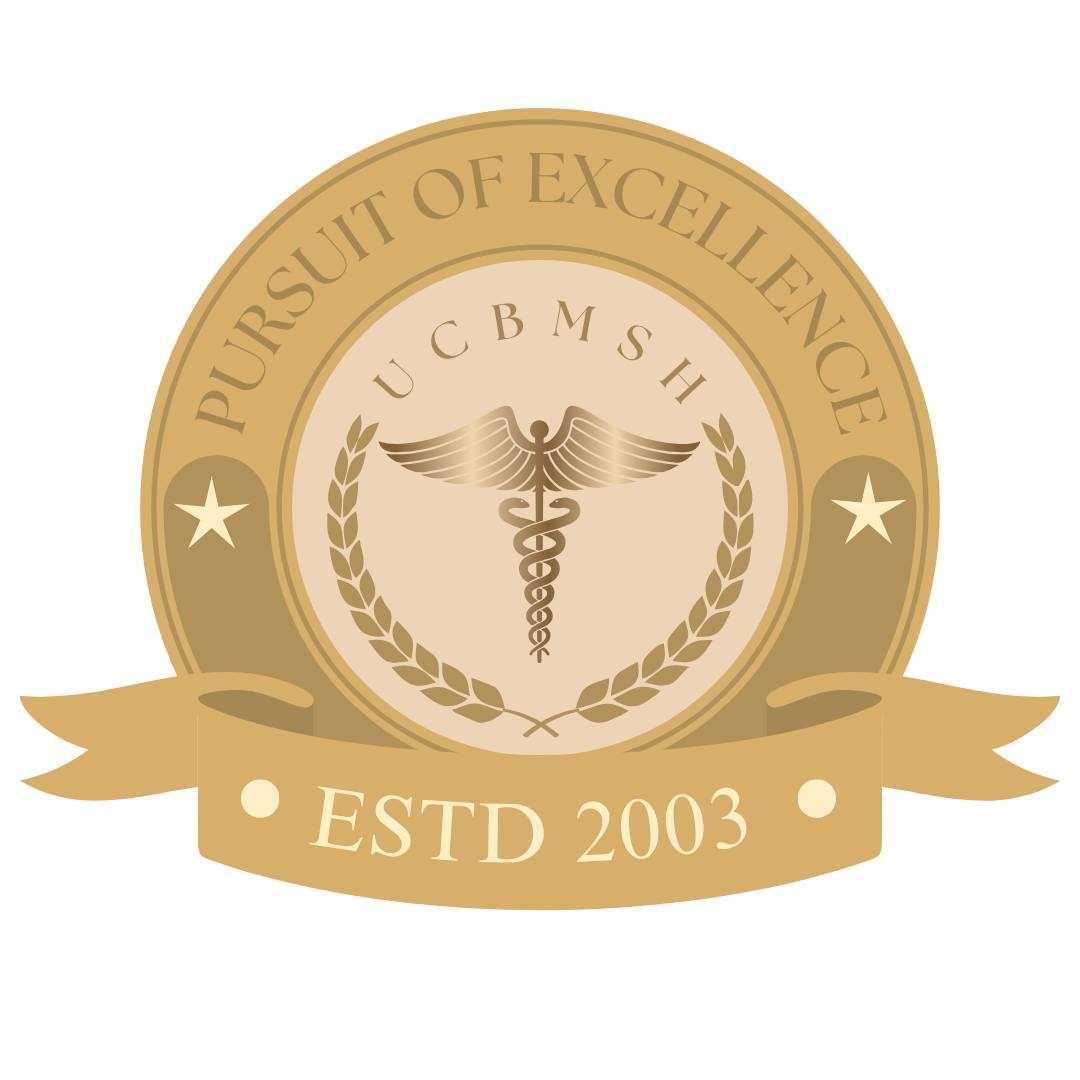Imagine a hospital from fifty years ago. The doctor was often the only trained expert, doing everything from diagnosis to treatment. Now, step into a modern hospital today. It’s a bustling hub of specialized professionals, each playing a critical role in a patient's journey back to health. This dramatic shift, this revolution in how we care for people, is being powered significantly by one thing: the rise of paramedical education.
Paramedical courses are creating a army of skilled professionals who are the strong, reliable backbone of healthcare. Let's explore how these courses are changing the game for everyone.
1. Filling the Gaps and Making Healthcare Accessible to All
In a vast country like India, we have millions of people living in cities, towns, and remote villages. For a long time, good healthcare was often only available in big cities. But how is this changing?
Paramedical courses are the key. They train a large number of professionals in specific skills in a shorter time compared to a doctor's degree. This means we can have trained lab technicians, radiographers, and physiotherapists setting up clinics and diagnostic centers in smaller towns. So, if you live in a tier-2 or tier-3 city, you don't always have to travel to a metro for an X-ray or a blood test. This is making quality healthcare more accessible and affordable for everyone, everywhere.
2. The Power of Teamwork: Doctors Get a Super-Skilled Support System
Think of a modern hospital as a championship-winning sports team. The doctor is the captain and main striker, but they cannot win the match alone. They need a strong defense, creative midfielders, and a reliable goalkeeper.
This is what paramedics provide. A doctor can focus on diagnosing a complex illness and planning the treatment because they have a team of experts to rely on. A medical lab technician provides accurate test reports. A radiology technician operates a CT-Scan machine to give a clear picture of the problem. A physiotherapist takes over after surgery to help the patient recover movement. This teamwork makes the entire healthcare process faster, more accurate, and much more efficient. It allows doctors to do what they do best, knowing their patients are in capable hands.
3. Speeding Up Diagnosis and Treatment
Time is often critical in treating a patient. In the past, a single doctor might have been overwhelmed, leading to delays. Today, because of specialized paramedical staff, many processes can happen at the same time.
While a doctor is consulting with one patient, a phlebotomist can be drawing blood from another, and an ECG technician can be performing a heart test on a third. This parallel processing means diseases are detected earlier, and treatment can begin much faster. This speed can, quite literally, save lives.
4. Specialized Care for Better Recovery
Healthcare is no longer just about curing a disease; it's about complete recovery and improving a person's quality of life. This is where specialized paramedical fields shine brightly.
For instance, the growth of excellent institutes like a physiotherapy college in Dehradun means we have more experts who can help a stroke patient learn to walk again or an accident victim regain strength. Similarly, respiratory therapists help those with breathing problems, and dialysis technicians are lifelines for patients with kidney issues. This focus on specialized, continuous care ensures that patients don't just survive; they thrive after their treatment.
5. Raising the Bar for Healthcare Quality
When you have a team of dedicated experts, each trained to perfection in their specific role, the overall quality of care skyrockets. A graduate from the best paramedical college in Dehradun is trained not just in theory but in practical, hands-on skills with modern equipment.
This means the lab reports are more accurate, the X-ray images are clearer, and the therapy sessions are more effective. This high standard of work reduces the chances of error and builds immense trust in the healthcare system. Patients and their families feel more confident and secure.
A Spotlight on Practical Training: Uttaranchal (P.G.) College
The revolution is fueled by education that bridges the gap between classroom learning and real-world application. Institutes like Uttaranchal (P.G.) College of Bio-Medical Sciences & Hospital in Dehradun are perfect examples of this new-age training. As a leading paramedical institute in Dehradun, it goes beyond textbooks by having its own hospital. This allows students to learn and practice their skills in a live environment, understanding patient care from day one. This model ensures that when they graduate, they are not just degree-holders, but job-ready professionals who can immediately contribute to the healthcare sector.
Conclusion: The Unsung Heroes of Modern Medicine
The revolution in healthcare is clear. It's moving away from a one-person show to a powerful, collaborative effort. Paramedical courses are creating a new generation of healthcare heroes—the experts who may not always be in the spotlight, but whose work is absolutely essential. They are making healthcare faster, better, more specialized, and accessible to all, truly building a healthier and stronger India.





Comments